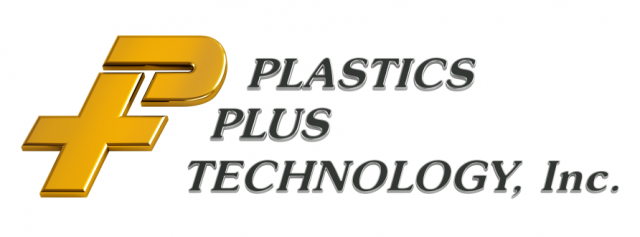Plastics Plus Technology Inc, has worked closely with one of our partners to develop 3d printed mold cavities for evaluating new injection molded part designs. With the help of our tool room PPT was able to configure a retired mud mold to accept 3d printed cores and cavities for use in prototype development.
The 3d printed cavities have been very helpful in market testing and bringing products to market quickly without the expense of a full blown injection mold tool. Currently we are producing small prototype parts from TPE materials but there is potential to create parts from ABS or other materials in future products. There are limitations on what types of materials we can ruwith the 3d printed cavities.  For instance, high temperature engineering grade materials are not good candidates for cavities produced from this particular material. Generally materials with lower melt temps work best for use in 3d printed molds utilizing this technology. The cavities have poor cooling characteristics and the cycle times can be very long.
For instance, high temperature engineering grade materials are not good candidates for cavities produced from this particular material. Generally materials with lower melt temps work best for use in 3d printed molds utilizing this technology. The cavities have poor cooling characteristics and the cycle times can be very long.
The 3D printed cores and cavities were produced with Vero white material on a Stratasys Polyjet 3D printer. This printer uses a process called photopolymerization to print objects. The photosensitive Verowhite resin material is applied layer by layer and cured with a UV light to create a very detailed and high resolution object. Parts and cavities produced with this kind of technology can have very good surface finish when compared to other 3d printed technology.
There are some design considerations to consider when developing parts that will use 3d printed mold cavities:
- The cycle time is very long. 3d printed cavities do not have the same cooling characteristics as typical mold tooling.
- Not all materials are good candidates for 3d printed cavities. High temperature materials do not work well
- Make sure the parts have adequate draft, at least 5 degrees draft is recommended
- Make sure any engraving or embossing is large enough to fill properly
- Cavities may require polish to eliminate layer lines
- Mold release may be required to prevent sticking of parts
- Ejection should be thought of in advance, how do you plan on removing the part. TPEs can be pulled from cavity easily while ABS or rigid materials may require pin ejection

